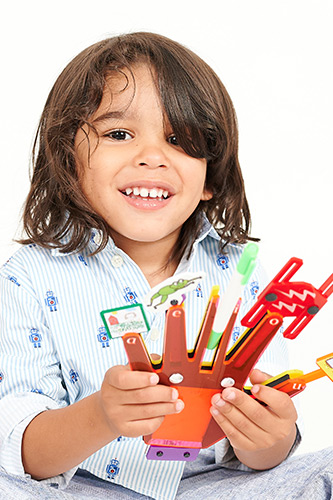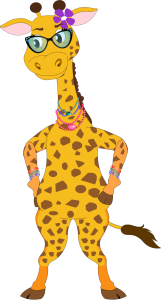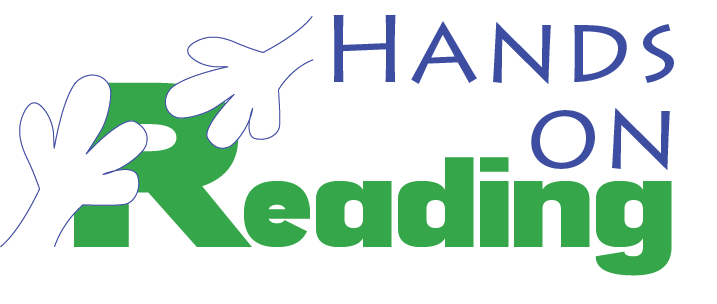 I’ll never forget the day Lucy looked up at me when encountering the word “jumping.” She searched my face, as though I magically held the answer. I knew that if she just used her finger to cover up ‘ing,” she would easily be able to read “jump” and then successfully decode the word. How many times had I told her to cover up the known part of the word? How many times did I say, “Cover up ‘ing’”? How many activities had we done building words? How many? How could she not know what to do?
I’ll never forget the day Lucy looked up at me when encountering the word “jumping.” She searched my face, as though I magically held the answer. I knew that if she just used her finger to cover up ‘ing,” she would easily be able to read “jump” and then successfully decode the word. How many times had I told her to cover up the known part of the word? How many times did I say, “Cover up ‘ing’”? How many activities had we done building words? How many? How could she not know what to do?
Then it hit me. It wasn’t her. It was me! Over the years there had been 100s of Lucys sitting in front of me not knowing what to do when seeing an unknown word. I was not giving my students — beginning and struggling readers — the proper tools necessary to decode unfamiliar words. They were not transferring reading strategies into their independent reading. And that was on me.
I set out to solve this problem in the middle of the night! I thought about all the “Lucys,” sitting there, not knowing which strategy to try or even what the strategies were. How could this be? We would do countless games and activities to learn good reading strategies – Guess the Covered Word and Mystery Messages to develop and learn context clues. We’d do word building activities and games to learn word chunks and word features. I would constantly tell them to go back and reread because “When you read, you want to sound like you do when you talk.” Yet, they were not applying these strategies when they read unless prompted. How could I get them to do this on their own?
I realized that day that asking students to cover up endings, to look for the parts of the word they knew, to guess a word that would make sense, was all very abstract to them. There was too much information to retain in their head. Sooo much energy was exerted trying to remember the strategies that they didn’t have enough to apply them! These poor kids! They needed something concrete, a physical manipulative, (much like I used in math) to help them read. That is when the Helping Hand was born; correlating core reading strategies to physical manipulatives.
 When children enjoy an activity, they are more likely to retain the information they are learning. The word cheers in this book provide a fun and engaging way to teach students sight words.They employ high-interest phrases and provide multiple repetitions to reach all learners through multisensory learning modalities.These sing-song cheers are classroom tested and have proven to be fun and effective. The cheers will help pre-emergent learners develop phonemic and phonological awareness, one-to-one correspondence, as well as letter identification. Beginning readers will learn the sound-patterns of language, common rimes and high frequency sight words.
When children enjoy an activity, they are more likely to retain the information they are learning. The word cheers in this book provide a fun and engaging way to teach students sight words.They employ high-interest phrases and provide multiple repetitions to reach all learners through multisensory learning modalities.These sing-song cheers are classroom tested and have proven to be fun and effective. The cheers will help pre-emergent learners develop phonemic and phonological awareness, one-to-one correspondence, as well as letter identification. Beginning readers will learn the sound-patterns of language, common rimes and high frequency sight words.
Students see the word they are to cheer while they say and clap the letters (see instructions for details). Then they learn a short, catchy phrase corresponding to that word. The bodily kinesthetic motions used to act out the cheers, along with the auditory and visual learning modalities help children learn to read and spell these words. The words in this book are from the pre-primer and primer Dolch list. Children encounter these words often in their reading and use them frequently in their independent writing. The cheers can be a launching pad for various word activities. Not only do they teach common sight words and word patterns, they engage children’s interest and motivate them to learn about word features.
About the Creator
Hands On Reading was created by Elizabeth Summers-Fisher, a certified reading specialist. She has worked with struggling readers, identified students and general education students for over 15 years. She believes that all students can learn to read if given the proper tools and strategies. Her philosophy is predicated around the belief that struggling readers and identified students need consistent instruction and should be given more opportunities for repetitions on the skills that all good readers acquire. Word Cheers are a great way to build repetitions in a fun, engaging manner in which all students can partake. She has presented her reading strategies at the International Reading Association as well as the Michigan Reading Association conferences. Elizabeth was Program Coordinator for the R.E.A.D Program which won Best in Michigan, Language Arts, 2009.
